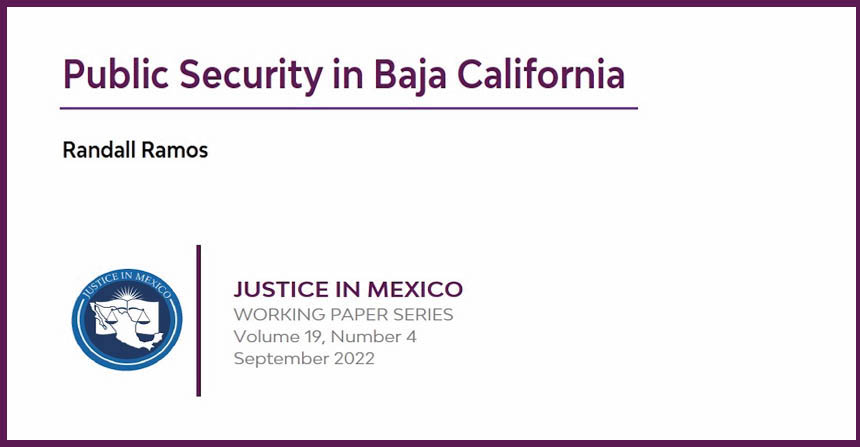President Calderón’s ruling National Action Party (PAN) was dealt a blow in the July 5 midterm elections, losing its plural majority in the lower house of Congress, the Chamber of Deputies. As was expected, the Institutional Revolutionary Party (PRI), which ran the country for the better part of the 20th century, came out the winner, earning 237 seats, largely on promises to fix Mexico’s ailing economy. The PAN, by contrast, ran largely on a law and order platform, banking on public support for President Calderón’s fight against the drug cartels and leveling accusations of complicity in the drug trade against PRI candidates. Left with only 143 seats the PAN now loses control of the Chamber of Deputies. Given no option for executive reelection in Mexico’s constitution, Calderón is effectively a lame duck president for the remainder of his term, which is up at the end of 2012.
In addition to its victory in the lower house, the PRI also won five out of six gubernatorial races, retaining its hold on Campeche, Colima, and Nuevo León, while picking up the PAN-held states of Querétaro and San Luis Potosí. For its part, the PAN took one governorship from the PRI in Sonora, where state leaders have come under heavy scrutiny since a fire killed almost 50 children at a daycare in June. The PAN also won all eight lower house seats in Baja California. The left-of-center PRD also suffered significant losses in the midterm elections, dropping to 71 seats, raising questions about the future of the party, and prompting some to call for renewed prominence for Andrés Manuel López Obrador, who narrowly lost a hotly contested presidential race to Felipe Calderón in 2006.
President Calderón immediately acknowledged his party’s defeat in the lower house, calling for lawmakers to work together to accomplish needed economic and public security reforms. PRI president Beatriz Paredes also struck a somewhat conciliatory tone, though was clear in saying that the midterm elections constitute a mandate reaffirming the fundamental values of the PRI, which appeared largely discredited after it lost the presidency in 2000. PRI senate leaders have already begun to assert their new political capital, suggesting that they will press President Calderón to make cabinet changes, particularly in areas of the economy and energy.
While it is clear that the return of the PRI to power in the Chamber of Deputies will place a burden on President Calderón’s efforts to reform the energy sector, it is not yet apparent what, if any, consequences it will have on his public security and justice reform measures. It does appear that the economy will take precedence over public security in the upcoming legislative agenda. The midterm election results will also spell changes within the PAN, as is already apparent from the resignation of party chairman Germán Martínez and from PAN Senate President Gustavo Madero’s recognition that his party misread the priorities of the voting public going into the election.
From the July Justice in Mexico Project’s Monthly News Report:
http://www.justiceinmexico.org/news/recent_news.php
SOURCES:
Stevenson, Mark and Michael E. Miller. “Former ruling party makes big comeback.” Associated Press July 6, 2009.
“Error, haber centrado la campaña panista en la seguridad, señala Gustavo Madero.” La Jornada July 7, 2009.
Urrutia, Alonso. “Habrá 237 diputados priístas plurinominales.” La Jornada July 13, 2009.




